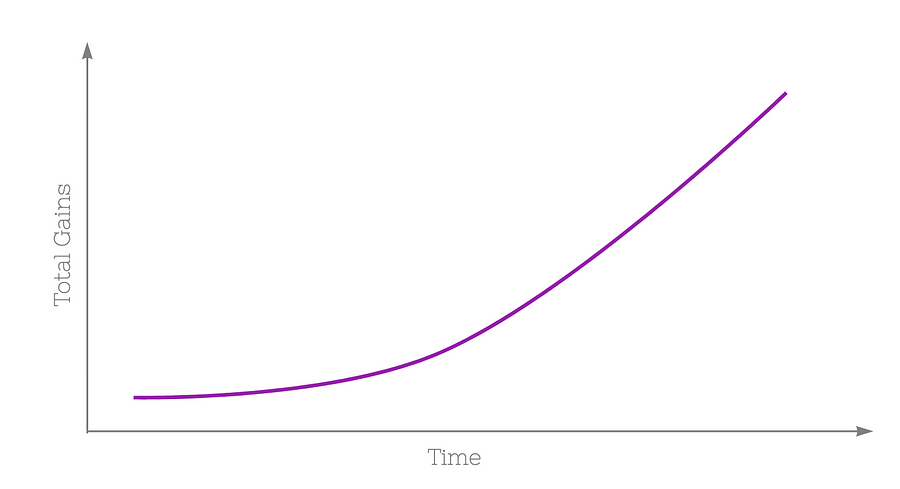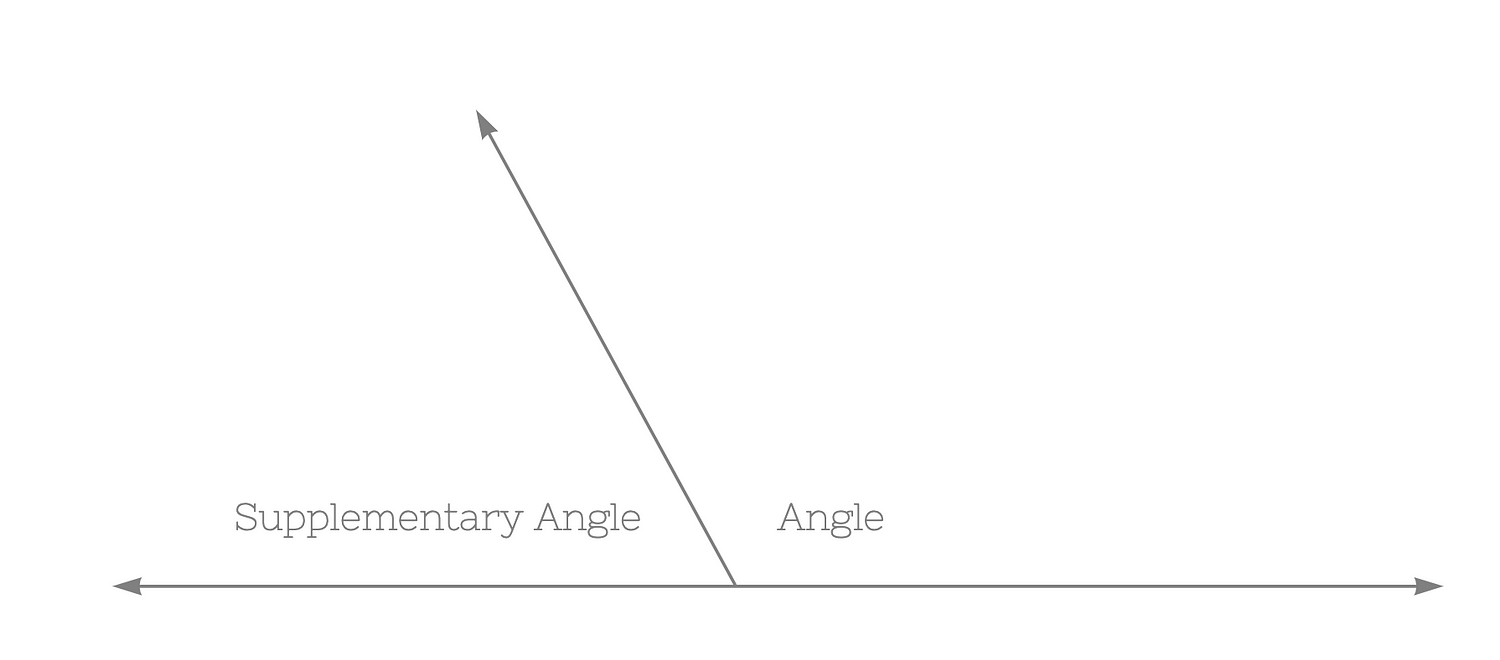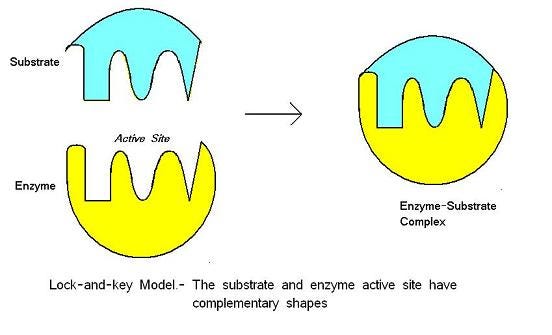Throughout the years, we’ve defined product management (or product manager) is many different ways. Some define it as the general business structure within a company that supports and manages all the activities related to developing, marketing and selling a product — or even more than one — all through its lifecycle. While others define it as the role and function within an organization that is responsible for a product’s overall success. The shortest definition is that of ‘mini-CEO’ — folks in charge of making the product successful.
While those are broad and over-arching in their definitions, I feel that they do not really sell the purpose of product management. True, product management derived from the old brand management role in the Ad-men days, but somewhere in the last decade there has been a shift — where we only held the customer-representative & value-optimization role, we’re now looked up for more than just that.
To that effect, I’ll break down my view of the new product manager role in 3 additional roles:
- Aggregator of marginal gains
- Supplementary role in the team
- Evangelism
Note that these 3 views are in addition to the generally defined roles of product management. Your team and organization will determine the extent to which you’re fulfilling these roles.
Aggregator of marginal gains
The aggregation of marginal gains theory states that if you’re able to achieve 1% growth in every area of your product, you’ll make tremendous gains in the overall product improvement.

Every backlog feature has a risk associated with it — the risk of reward vs effort. Your team can spend 10 hours and get a 1% improvement in the product OR spend 100 hours and get a 20% improvement. That improvement, being a probability has a risk of being real — no matter how strong your predictions are, there is a chance that you might get it wrong. By spreading your risk across various aspects of your product, you’ll have a better chance of improving the product as a whole.
As a role, this falls within the definition of SCRUM — as a PO, your role is to efficiently utilize the development team. While it is tempting to do big features that:
a. give marketing teams the ammunition to effectively market the product
b. give the development team bragging rights
you are better off building smaller improvements that take lesser effort. There needs to be balanced, of course. I attempt at a 60–40 ratio for the improvements v/s big feature development per sprint so that everyone is happy.
Supplementary role in the team
A supplementary angle is an angle that completes (sum of all the angles is 180)

More often than not, your development team or squad is incomplete. Or you’re sharing resources with other teams. There is a need for the product manager to rise to fill in the role. Taking the page from biology, product managers are the key for the lock in the lock & key enzyme model:

For example, for small setups, data roles are missing. The erstwhile product manager is expected to have basic to medium data skills to make sense of the data. Except for development and QA itself, the product manager is expected to, at least, guide the fellow team members in their respective roles. Personally, I prefer to come up with outrageous ideas that keep the team on their toes.
This is a very debatable role — most arguing that product managers should not be filling in the shoes of others. I prefer to see it as shining light on possibilities — we product folks frequently expose ourselves to various other products and ideas that expand our horizons. A quick example: Developers are so focused on their product that sometimes, they are constrained by the product limitations. If knowing how some other team did a feature differently or used new technology, helps the team think a little outside of their constraints. It sows the seed of possibility.
Remember not to get carried away and insist on the possibility. As long as you are not executing the role, you can only suggest.
Evangelism
Evangelism or ambassador-ship of not only the product, but the people and the practices, not just with the customers, but with other internal business functions. This role banks on the product managers having their network of influence. Highlighting achievements and success stories of process/product implementation will improve the morale of the team.
Product managers are traveling salesmen of the digital world. They sell their product, their team, their process to anyone listening and create a hype about them. Humility is key here — do not get carried away and make it about yourself. Remember, all you did was facilitate the outcome.
—
In conclusion, these new roles change our definition. I will now attempt to make a new definition:
Product management is building & growing a product in such a way that the product, the team that built and grew it and the product manager themselves grow. It is doing whatever it takes to make the product & the team successful.
Thank you for reading.

